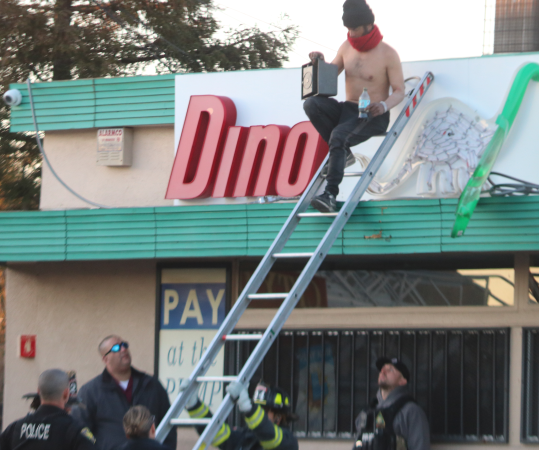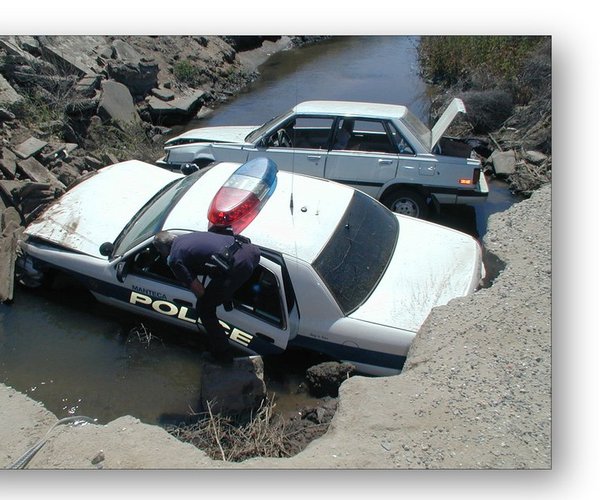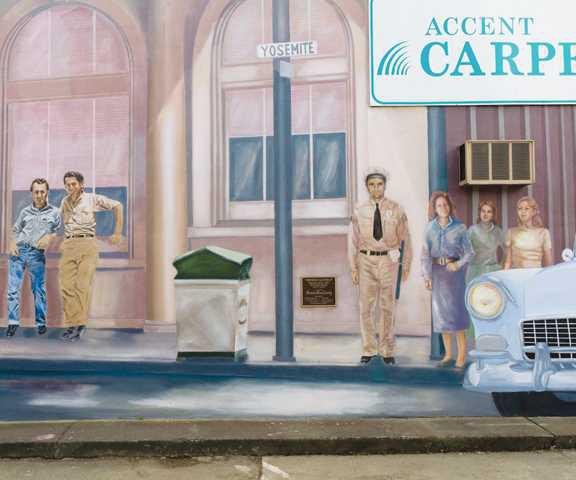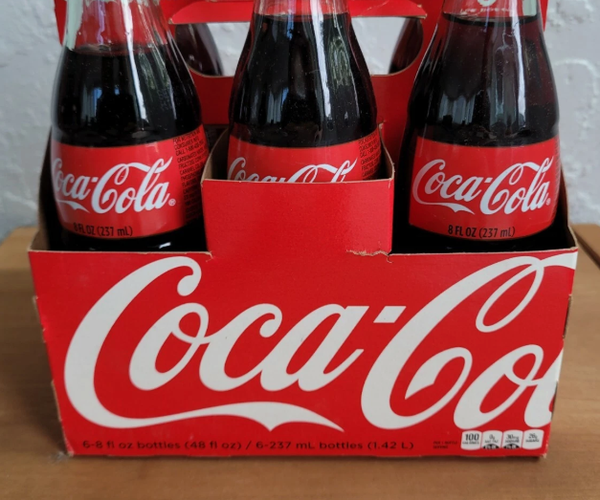Measure R — “illegal substance dependence screening and treatment for recipients of county public assistance” — is being framed by some opponents as a heartless attack on the poorest residents within San Joaquin County.
They argue voters directing the county to require drug testing, and if the results are positive, to mandate treatment in exchange for taxpayer-funded benefit is heartless to the core and financially questionable.
The measure is narrowly focused.
It applies to those under 65 years of age with no dependent children.
The drug testing is paid for by the taxpayers.
If drug treatment program space is available, the individual testing positive will be required to participate at no cost to them.
If space isn’t available at the time, benefits aren’t yanked.
And if doesn’t require them to maintain sobriety to qualify for assistance as long as they participate in the drug treatment program if there is space available.
Altogether, if the drug testing requirement had been in place already it would have impacted 412 people last fiscal year that received general assistance
The money involved in general assistance for the 412 individuals is definitely not high by 2024 government spending standards. It was $301,514 last year.
And the cost of the drug tests and treatment programs are on top of that.
This is where some of the anti-R folks go off the rails.
They argue it is spending a lot of money on the problem when the county estimates they may only be able to get 10 or so people a month seeking general assistance to meet the perimeters of drug testing into treatment programs when they test positive.
They also dismiss the general assistance at stake as “ridiculously minuscule.”
General assistance recipients in San Joaquin County are eligible to receive $27 to $75 per month as a cash benefit.
They can also qualify for housing assistance that is paid directly to a landlord up to $367 a month based on a single occupancy room.
As such, the argument goes spending money on drug testing and treatment programs is astronomically high given the general assistance “carrot” only cost $301,514 last year,
These are the same critics that admonish those questioning the high cost of building homeless housing units that have topped $800,000 each in Los Angeles for putting a price tag of doing is the right thing.
Drug testing general assistance recipients narrowly focused on adults under 65 with no dependents is the right thing to do as well.
Measure R basically addresses the “last mile” in terms of getting the homeless problem under control.
By that, they are the hardcore homeless.
They are not the low hanging fruit.
They can’t simply be reunited with family.
They can’t be gently and persistently coaxed into shelter where there are rules.
They won’t voluntarily enter substance abuse treatment programs.
And they overwhelmingly constitute the most problematic of San Joaquin’s 4,732 homeless individuals based on a count taken back in January.
They represent a good share of the repeat offenders responsible for a disproportionate number of non-felony theft and quality of life crimes that are specifically targeted in San Joaquin County by law enforcement and the district attorney’s office.
Measure R, we are told by foes, is an ineffective stick.
Sorry but the carrot hasn’t worked well with the “last mile” homeless.
Substance abuse clearly creates behavioral problems that fuel criminal actions.
And the problems they create hurt communities, especially in neighborhoods that are already struggling.
The fact San Francisco voters in March passed a similar measure should give you an idea of how drug use by the homeless can severely undermine the safety and quality of life of a community.
San Francisco, after all, spurred the spread of the drug culture after the Summer of Love.
Left unchecked, drugs can indeed create a cancerous impact on the quality of life as demonstrated in various sections of San Francisco in recent years and further to the north in Portland and Seattle.
And while of the fuss about substance abuse, the hardcore homeless, and the quality of life in neighborhoods are all true, it is not what Measure R represents in the purest form.
It poses two questions that society is long overdue in answering.
First, does an individual have the absolute right to have government support — even in the form of paltry general assistance — to essentially help fund a lifestyle that is not just detrimental to society but caustically erodes the basic tenets of civilization in terms of behavior and actions?
And, arguably the most pressing question, can society continue to devote limited resources to those that refuse to accept help to alter destructive behavior?
What is at stake isn’t $301,514 or so a year in general assistance.
There has been $24 billion in state funds spent in the past six years or so on homeless issues in California.
A lot of it has essentially funded whack-a-mole responses.
General assistance adults that are homeless and partaking in substance abuse and creating costly problems are consuming financial resources that could feed poor children, educate kids, assist the elderly poor or a million in one other things.
General assistance with no strings attached, regardless the size of the financial support, basically wastes limited resources better invested elsewhere.
Yes, drug addiction is a horrible struggle.
But if the addicted homeless decline such help, how do you address that “last mile” homeless problem the courts order cities to solve and hardcore homeless advocates demand government assist?
Measure R ends the carte blanche approach that has allowed the “last mile” homeless to have free reign.
The bottom line for a homeless adult under 65 who wants help is simple.
If you want help, you have to be willing to help yourself.
And if you agree to go into a drug treatment program, you don’t have to stay sober to still receive general assistance.
What it does is give communities a chance at making positive changes needed to change the course that many of the hardcore homeless are on.
This column is the opinion of editor, Dennis Wyatt, and does not necessarily represent the opinions of The Bulletin or 209 Multimedia. He can be reached at dwyatt@mantecabulletin.com






